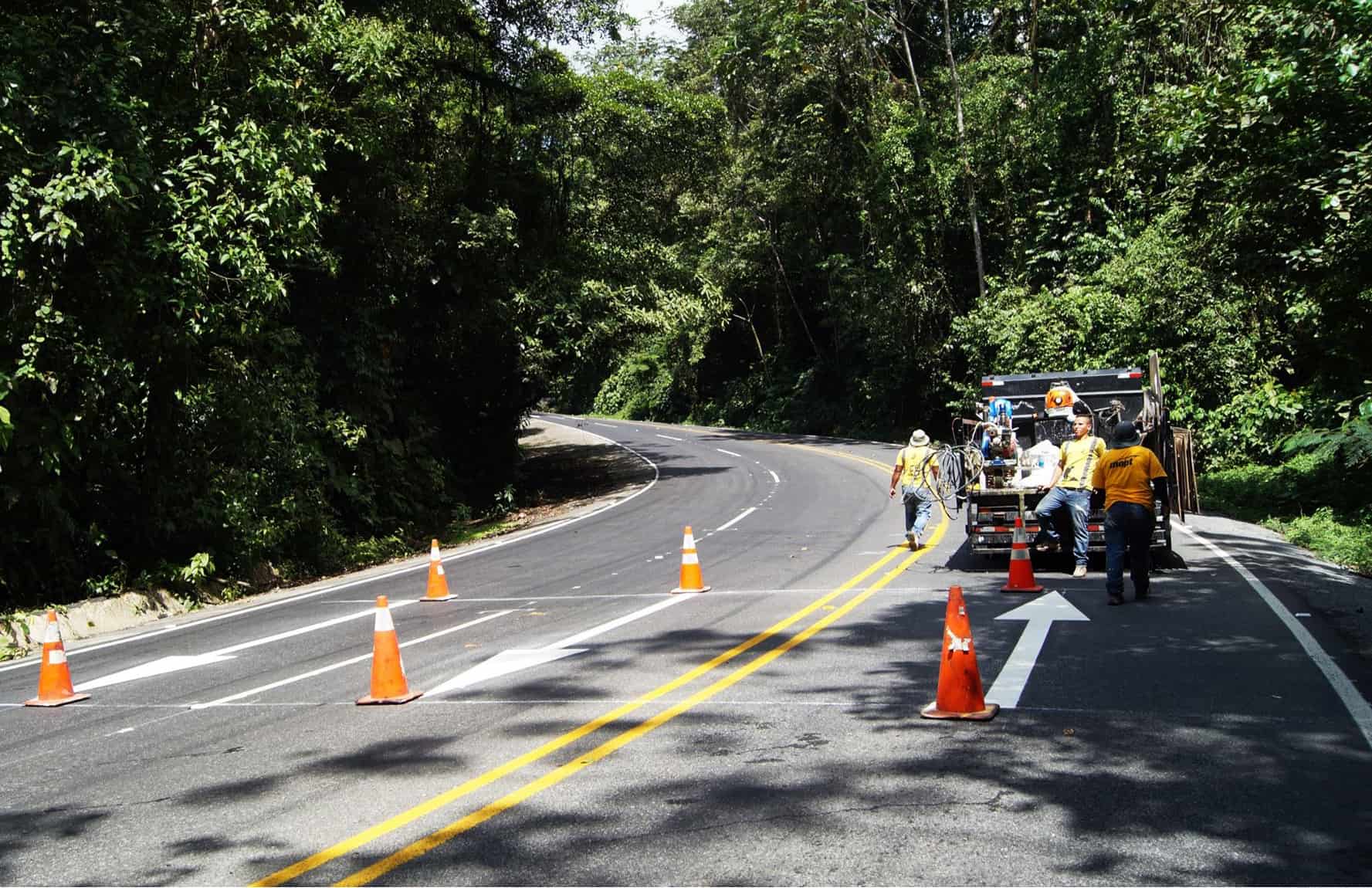A large corruption investigation in Costa Rica, involving a presidential adviser and executives of construction firms, places the country onto a growing list of Latin American nations facing bribery scandals related to public works.
Those involved would have participated in a criminal system that caused, according to the authorities, losses in the budget of about $125 million between 2018 and 2020.
In 2016, several of Costa Rica’s neighbors fell into the web of the Lava Jato case, which shook Latin America for the payment of more than $700 million from the Brazilian Odebrecht to officials and politicians in exchange for public works.
Five years later, this Central American nation has its own scandal.
Even ‘sexual favors’
According to the director of the Judicial Investigation Police (OIJ), Wálter Espinoza, “public businessmen received constant favors and bribes, which responded to a planned articulation.”
The gifts include “money, vehicles, land, travel, sexual favors and whatever they can imagine so that a company could benefit,” said Espinoza, without going into further details.
“This is the typical link of corruption that has manifested itself in other countries: groups of businessmen or private companies with very strong interests, and wide possibilities of action that approach officials to offer them gifts,” he said.
Beyond the fiscal and judicial investigations, President Carlos Alvarado has asked the Legislative Assembly to open an investigative commission into the case.
57 raids, 30 detained
The OIJ, together with the Public Ministry, carried out 57 raids: 14 of them at the headquarters of state institutions, including the Presidential House; 18 at private company offices and 21 at private homes.
30 people have been captured, 13 of them members of the National Highway Council (Conavi), an institution in charge of generating tenders for tenders and carrying out project awards.
Conavi announced an internal audit.
“Whoever manages the hiring process, although they have a limited margin by law, also has light and shade. As many issues are technical, they can know what one company has and another does not and thus narrows the margin of participation,” explained to the AFP the former Minister of Public Works and Transport, Carlos Segnini.
“From there, it already lends itself to favors (…) or it filters the cartels in advance so that companies can prepare,” he commented.
Among those investigated is an adviser to the president, Camilo Saldarriaga, who resigned Monday after the scandal broke. Another is Allan Ugalde, the manager of the Office of the Comptroller General of the Republic, in charge of resolving appeals to public tenders.
Executives involved
Where there is a corrupt person, there is a corrupter,” said President Alvarado, condemning the denounced events.
Among those suspected of offering the handouts, high-ranking officials of construction firms in Costa Rica were arrested, including H. Solís and MECO, which account for a high percentage of public works projects for accumulated sums amounting to 900 million dollars.
The arrested owner of MECO, Carlos Cerdas was implicated in Panama in the Blue Apple case, where in 2017 payments of up to 10% of the value of the works were reported to win contracts.
According to Espinoza, from the OIJ, a Costa Rican body that depends on the Prosecutor’s Office, the investigation began in 2019, after receiving “confidential information submitted by individuals” that allowed companies “to obtain benefits in public works, road construction and conservation contracts.”
They approached the investigation as an organized crime situation, which allowed them to wiretap phone calls from those involved to obtain evidence.
As explained by Wendy Sequeira, auditor of the National Laboratory of Structural Materials and Models (Lanamme), an entity that ensures the protection of civil infrastructure and its investment, many of the contracts obtained irregularly have already expired.
“We have detected many technical faults in road projects, which are still being committed. There have been no sanctions or repercussions. We cannot show whether they are errors, corruption or both, but the justifications they give have no basis,” she explained.
Sequeira details that many works do not meet the required quality, forcing Costa Rica to make new investments, or that they take longer than expected. All this leads to the extra cost, she says.
Despite this, former Minister Segnini considers that the works assigned to the companies in question cannot be reissued, as that would cause an even bigger impact to Costa Rica’s development.






